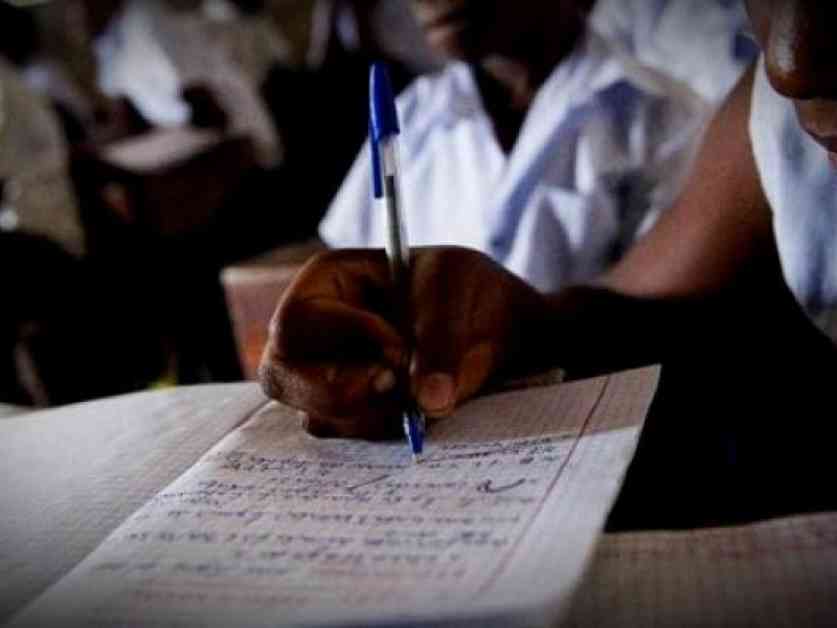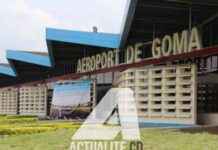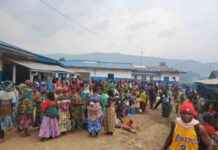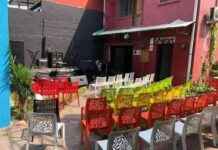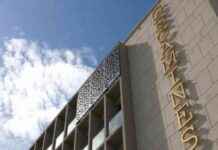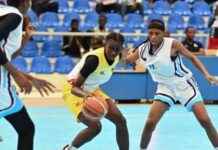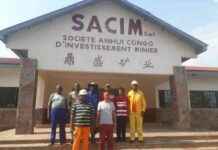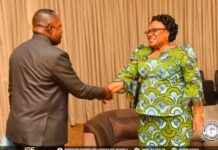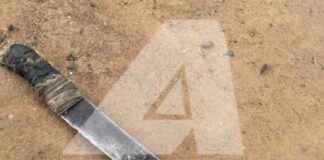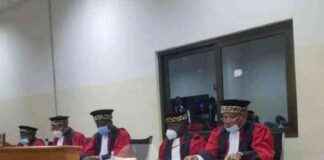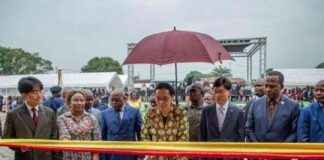For the past three weeks, schools in Lubero Center have faced significant challenges following the advance of M23 rebels. Despite the call to resume school activities made by the military administrator of Lubero territory, Colonel Kiwewa Mitela Alain, a majority of students have remained at home, and few teachers have returned to their schools. This disruption has led to a struggle to restart educational activities, particularly in Lubero subdivisions 1 and 2, due to the escalating insecurity in the region.
Concerns of School Administrators and Parents
Justin Myeha, the principal of the Ufahamu Institute, a Protestant school in Lubero, expressed concerns about the security situation hindering the normal resumption of classes. He mentioned that despite opening all classrooms, very few students showed up. This lack of attendance could be attributed to the failure of the territorial authorities’ message to reach all levels of the population. Additionally, parents continue to fear for their children’s safety, questioning the wisdom of sending them to school in such a tense security environment.
One parent, who chose to remain anonymous, shared with ACTUALITE.CD that lifting the suspension of classes prematurely without addressing the root causes of the security situation is unwise. They emphasized the importance of conducting a thorough evaluation before deciding to resume classes. The parent raised valid concerns about the proximity of the enemy forces and the potential risks students might face if schools were to reopen hastily.
Impact on Displaced Students and Teachers
More than thirty schools remain closed in Lubero, with students and teachers fleeing areas affected by armed groups to seek refuge in neighboring towns like Butembo or Mbingi. The ongoing clashes between the Congolese Armed Forces and M23 rebels have triggered a significant displacement of the population, complicating the resumption of school activities in the region.
An educator who fled the violence shed light on the dire conditions faced by displaced families, especially children. With limited resources, children scavenge for food and fruits to survive, highlighting the urgent need for humanitarian assistance in these vulnerable communities. The educator called upon humanitarian organizations to intervene and support populations living in precarious conditions, expressing concerns that the current academic year may end up being a lost one if the security situation does not improve.
Efforts to reach the educational authorities in Lubero subdivisions 1 and 2 were unsuccessful, but reports from local sources indicate a mass exodus of residents from conflict-affected areas like Kipese, Lubero Center, and Kimbulu due to ongoing hostilities and looting by fleeing soldiers.
Despite the challenges in Lubero, the acting provincial director of North Kivu’s education province reassured the public about the continuity of national exams. He confirmed that students from war-affected areas would participate in exams such as the State Exam (EXETAT), the National Primary School Completion Test (TENAFEP), and the National Test for School and Professional Orientation (TENASOSP). The academic calendar will be maintained until July 2025, ensuring that students can continue their studies despite the disruptions caused by the conflict.
Josué Mutanava, reporting from Goma, emphasized the resilience of students and teachers in the face of adversity, highlighting the determination of the education community to overcome challenges and provide a conducive learning environment for all.
